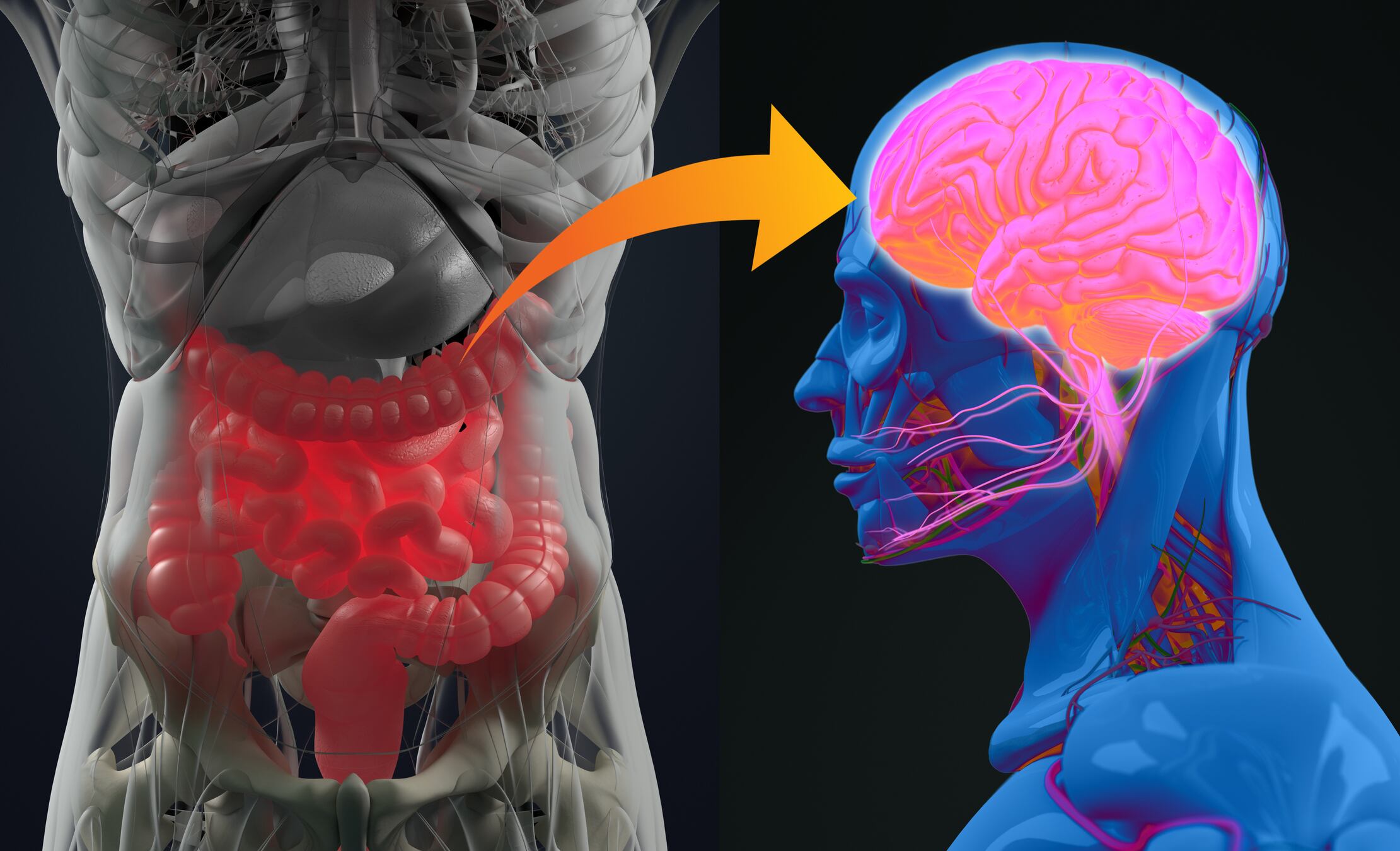Lallemand’s Cerebiome product, which contains Lactobacillus helveticus R0052 and Bifidobacterium longum R0175, was shown to significantly increase BDNF levels, compared to both a prebiotic and a placebo, according to a post hoc analysis of a double-blind, randomized placebo-controlled trial published in Journal of Neurogastroenterology and Motility.
BDNF levels are reportedly lower in depressed people and increase after a long course of antidepressants.
The study builds on previous data from Kazemi et al. (Clinical Nutrition, Vol. 38, No. 2, pp. 522-528) in 110 adults suffering from mild to moderate depression, which found that the Cerebiome product, used as an adjunct therapy to conventional antidepressant treatment, contributed to a significant reduction of Beck's Depression Inventory (BDI) depression score from 18 down to 9 on average, and increased serotonin precursors after eight weeks of intake.
“In the same cohort, we had previously shown that this probiotic supplement containing L. helveticus R0052 and B. longum R0175 exerted a beneficial effect in improving depression scores compared to placebo, while the effects of prebiotic supplement were not major,” wrote the researchers.
“The results of this study suggest that specific probiotics may improve MDD [major depressive disorder] partially via BDNF.”
Gut-brain axis
The findings of the study, which was supported by the Vice Chancellor of Research, Tehran University of Medical Sciences, was welcomed by Lallemand Health Solutions, which provided the products used by the researchers.
Lucie Lingrand, specialist of the brain-gut axis at Lallemand Health Solutions, commented: “This is a great example where the clinical trial observations matched the observations from the preclinical studies.
“The increase of BDNF identified in animal model by Ait Belgnaoui in 2014, appeared to translate to humans. It may be one of the mechanisms of action by which Cerebiome reduces depression in humans, in addition to all the demonstrated modes of action to date.”
Study details
For the new post hoc analysis, the researchers looked at data from 78 participants of the previous RCT (28 from the probiotic group, and 25 from each of the prebiotic and placebo groups). Participants in the probiotic group had received 10 billion CFU per day of L. helveticus R0052 plus B. longum R0175, while participants in the prebiotic group received a five gram sachet per day containing 80% galactalogosaccharide (GOS).
Results indicated that the probiotic group experienced significant increases in BDNF levels after eight weeks, compared to both the prebiotic and placebo groups, and this inversely correlated with depression severity compared to placebo reported in the earlier study.
“This post hoc analysis revealed that supplementation with this psychobiotic formulation for 8 weeks in patients with low to moderate depression resulted in significantly higher serum BDNF levels, while prebiotic and placebo had no significant effect,” wrote the researchers.
“More clinical trials are needed to confirm the possible beneficial effect of other probiotics and prebiotics on BDNF levels and depression in psychiatric populations.”
Building the science
The combination of L. helveticus Rosell-52 and B. longum Rosell-175 has been studied since 2008 when a study [Diop et al. Nutrition Research, Vol. 28, No. 1, pp. 1-5] showed efficacy on stress-induced gastrointestinal symptoms. This was followed by a gold-standard study [Messaoudi et al. 2010 British Journal of Nutrition, Vol. 105, No. 5, pp. 755-764] with 55 healthy volunteers, which demonstrated a significant reduction of psychological stress as assessed by a validated questionnaire.
Source: Journal of Neurogastroenterology and Motility
2020, Volume 26, Issue 4, Pages 486-495, doi: 10.5056/jnm20079
“Effects of a Psychobiotic Supplement on Serum Brain-derived Neurotrophic Factor Levels in Depressive Patients: A Post Hoc Analysis of a Randomized Clinical Trial”
Authors: N. Heidarzadeh-Rad, et al



